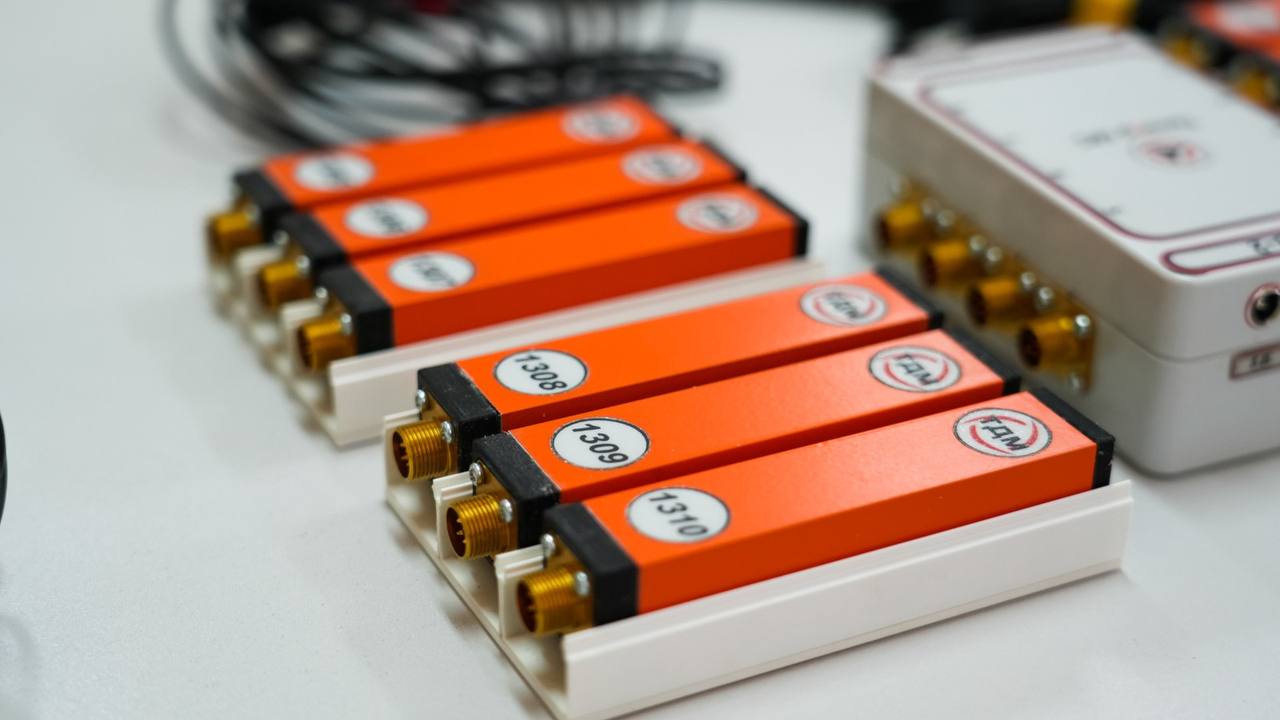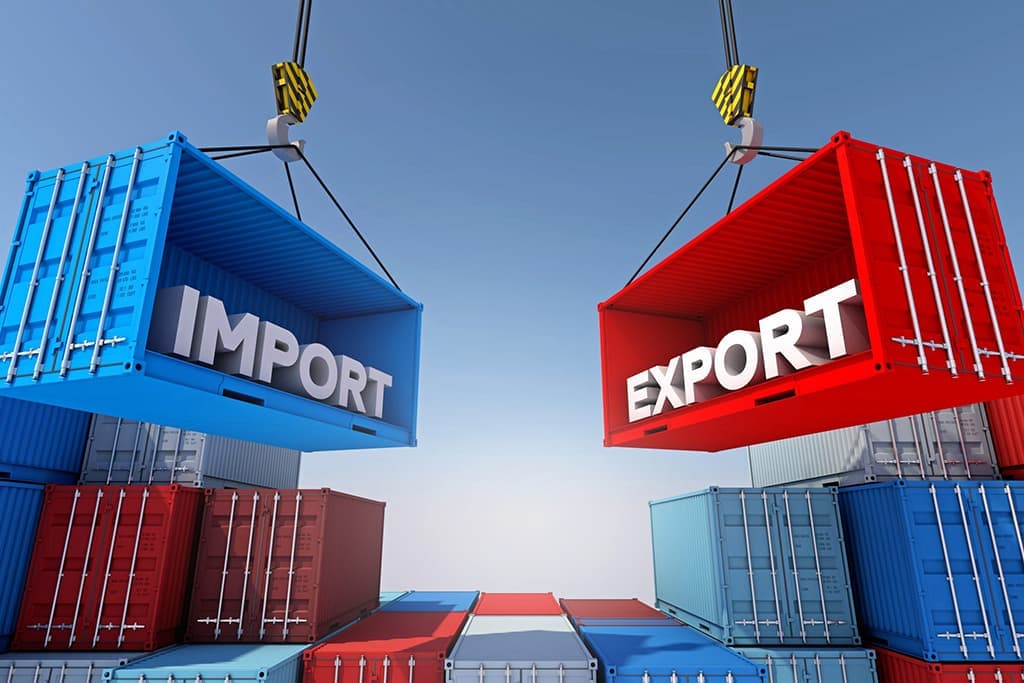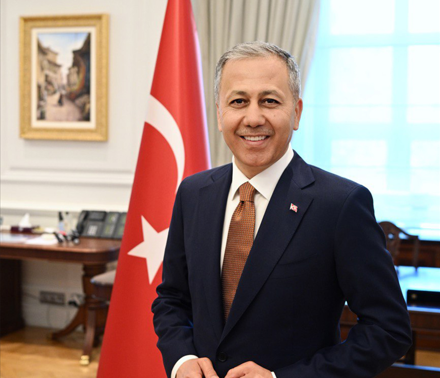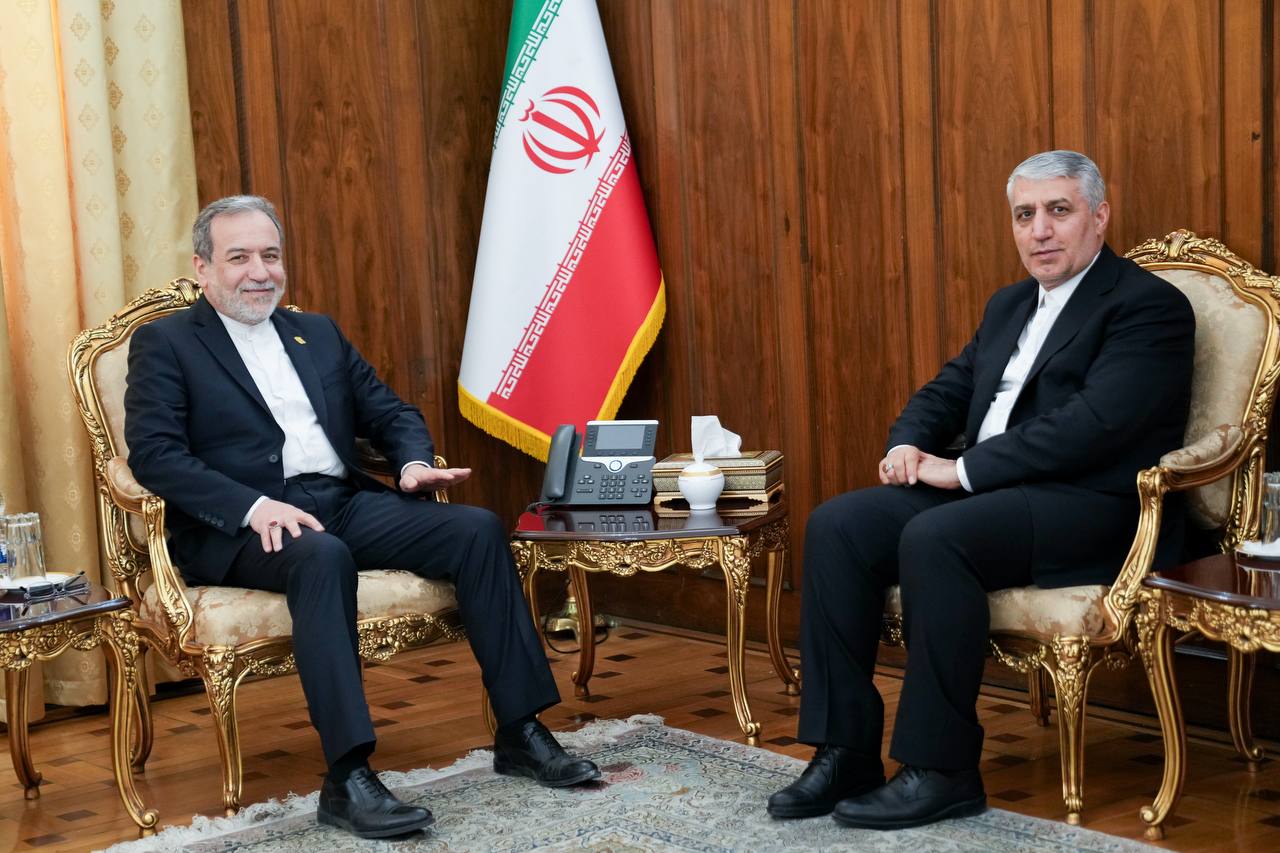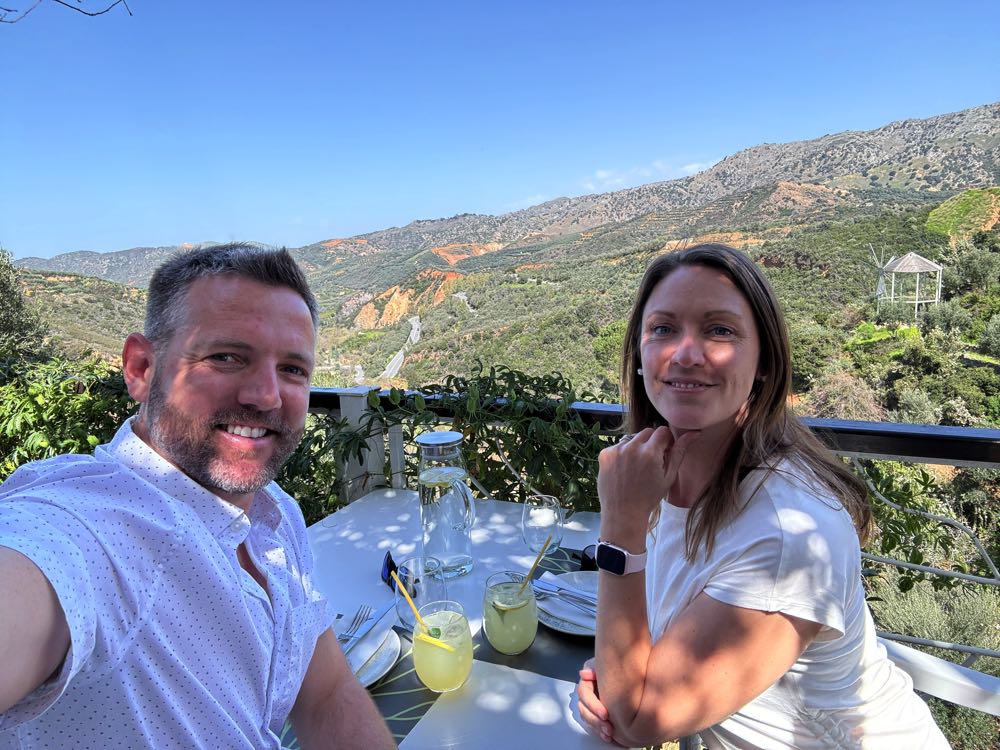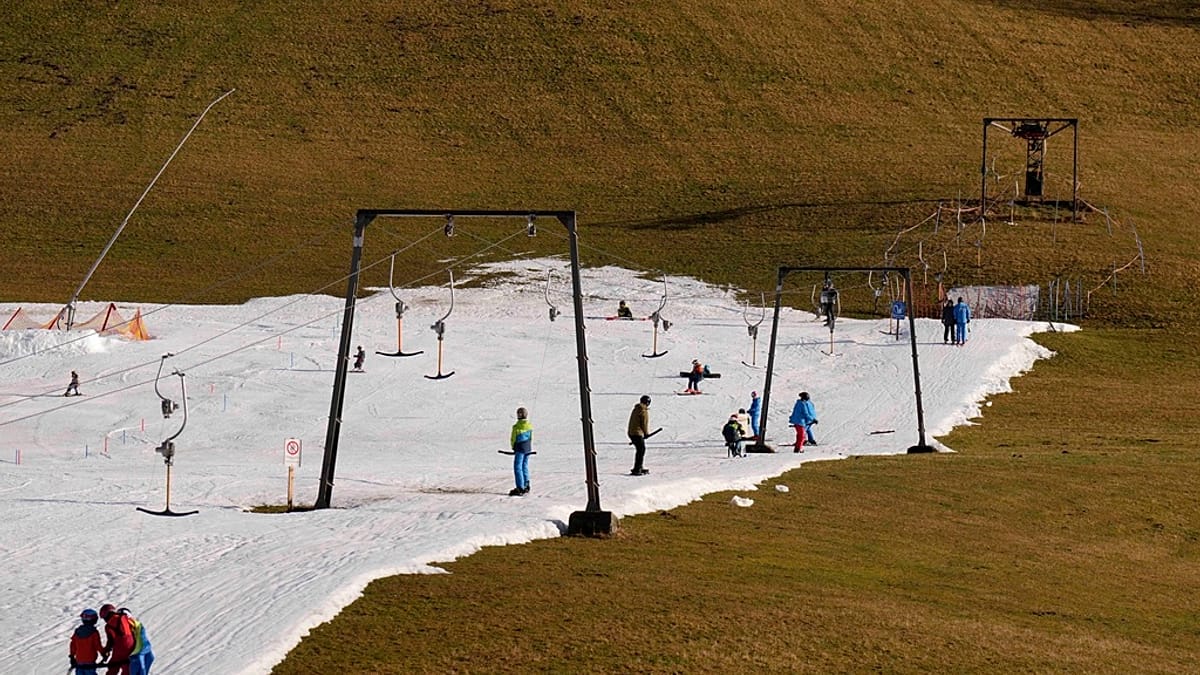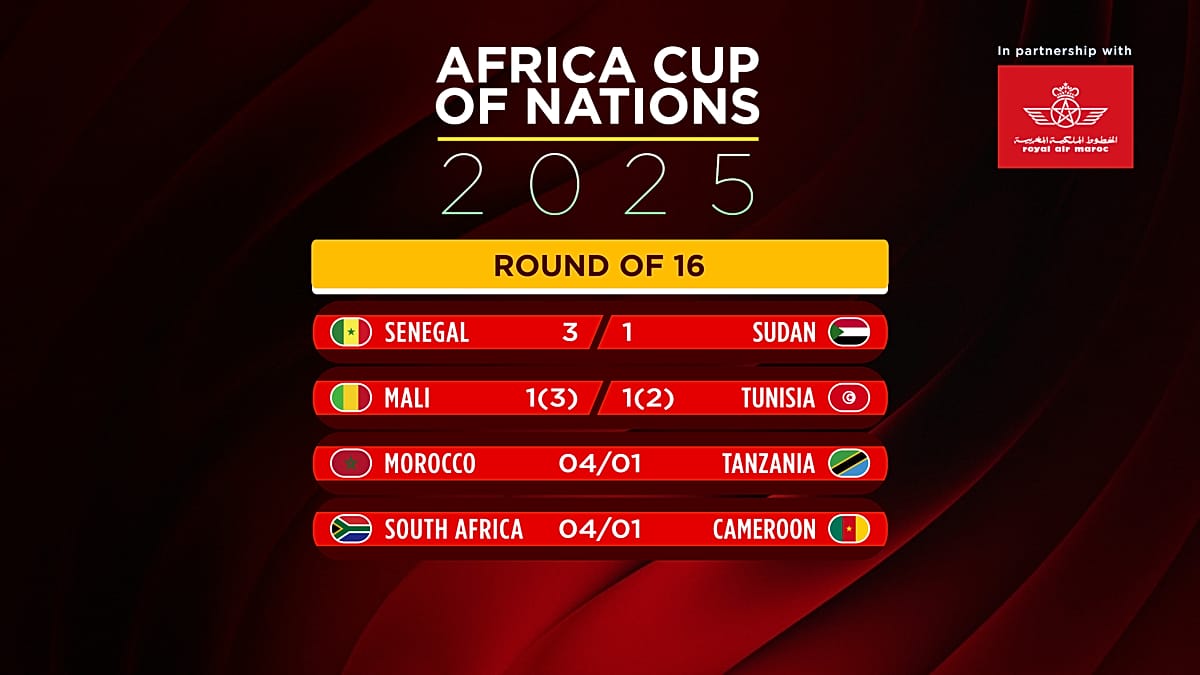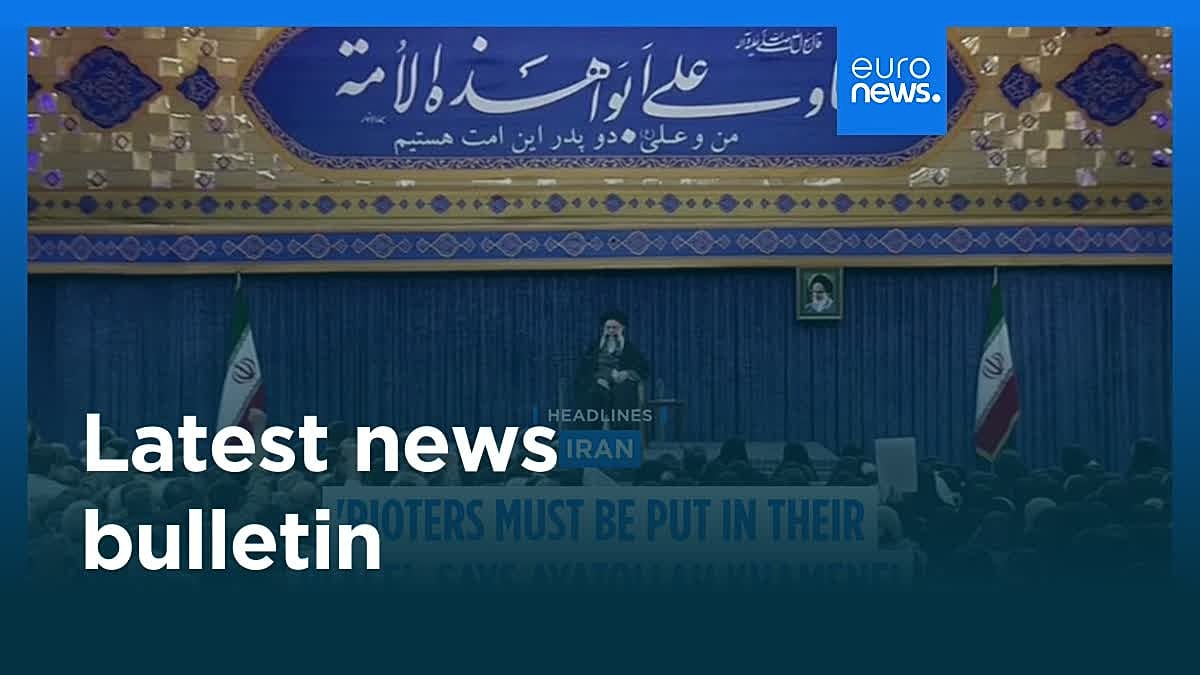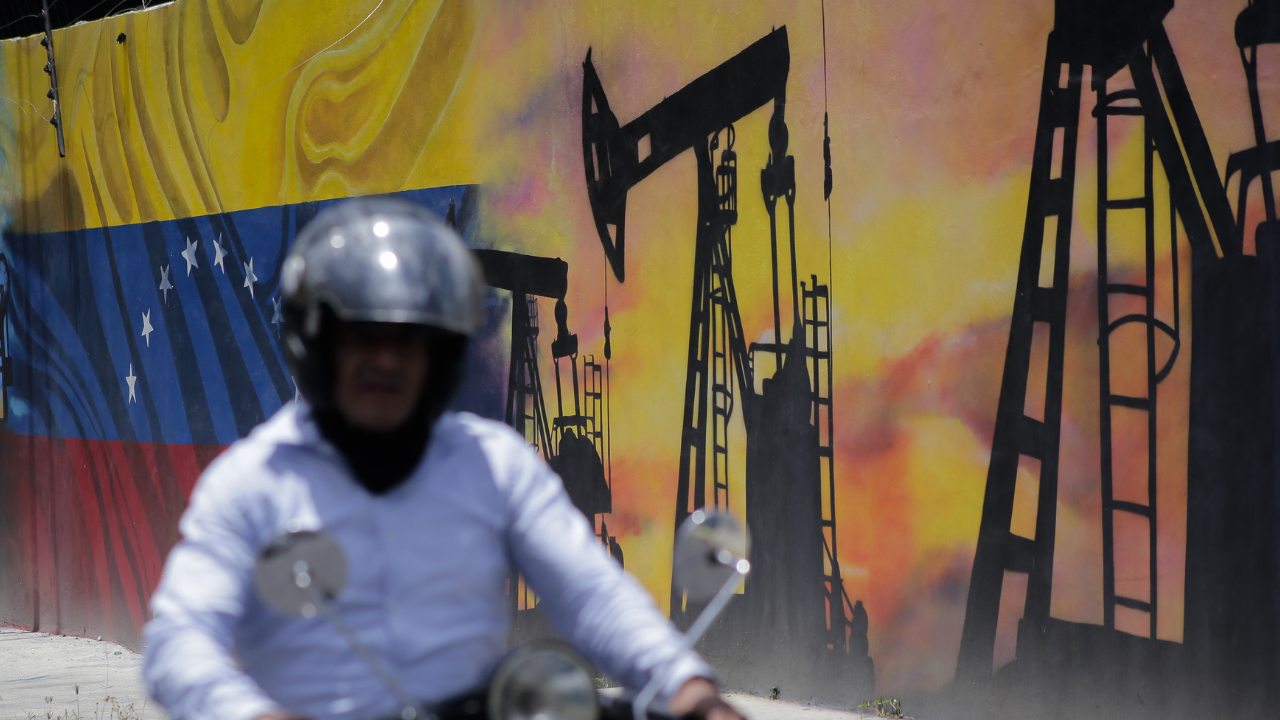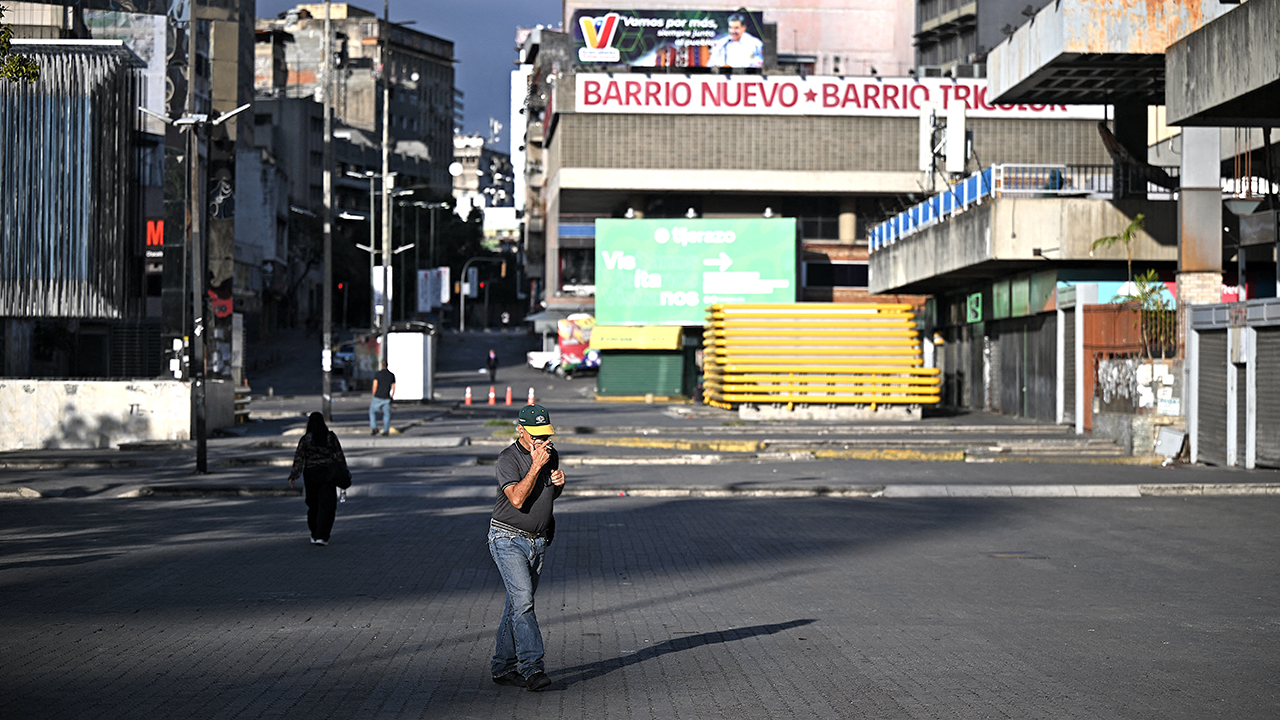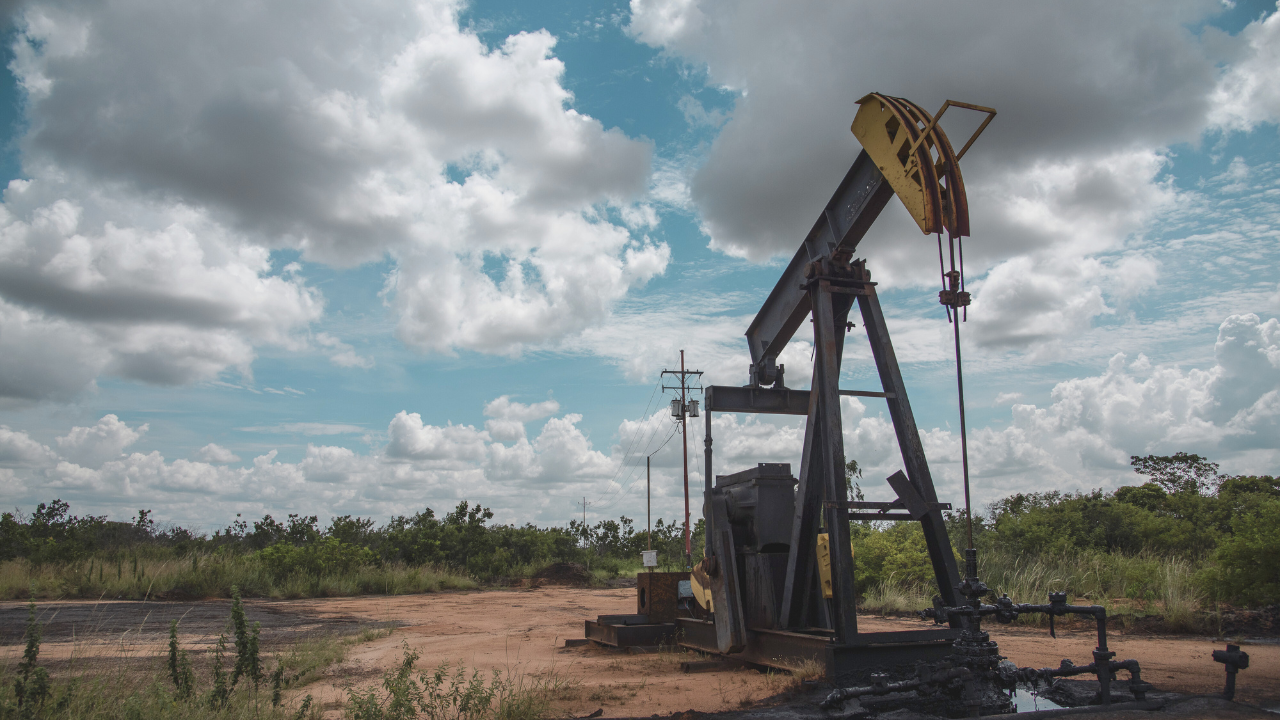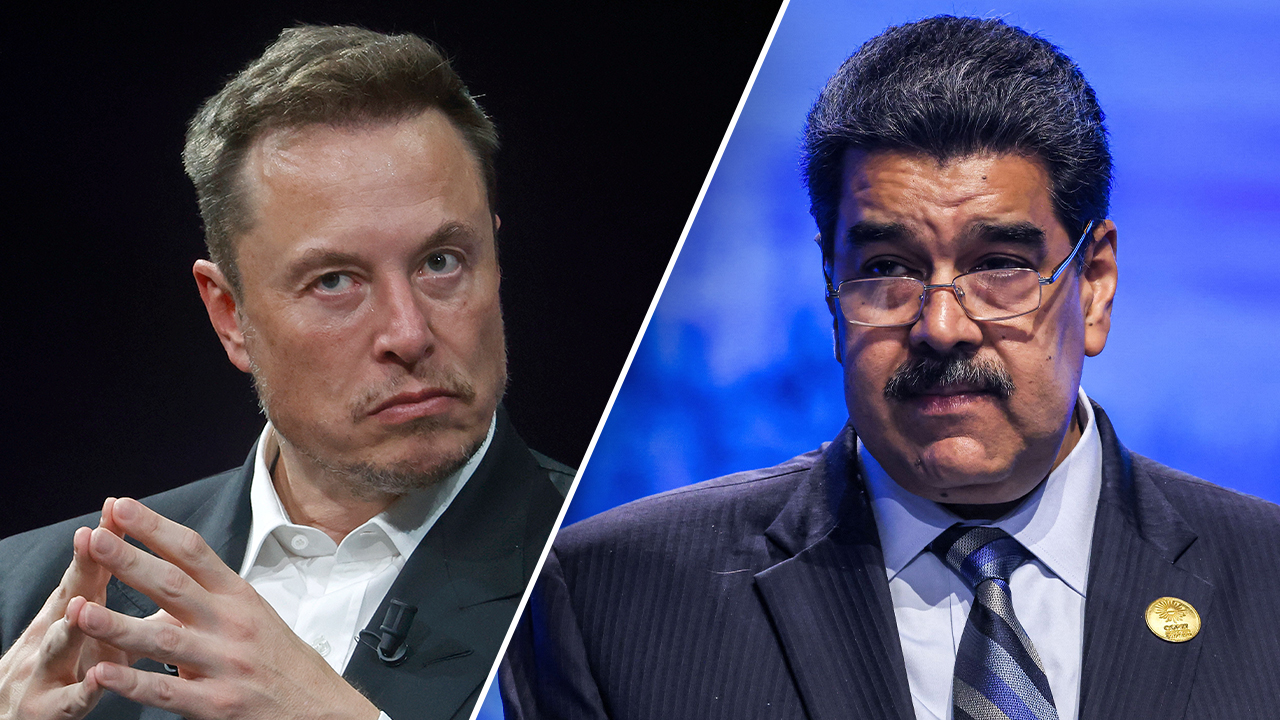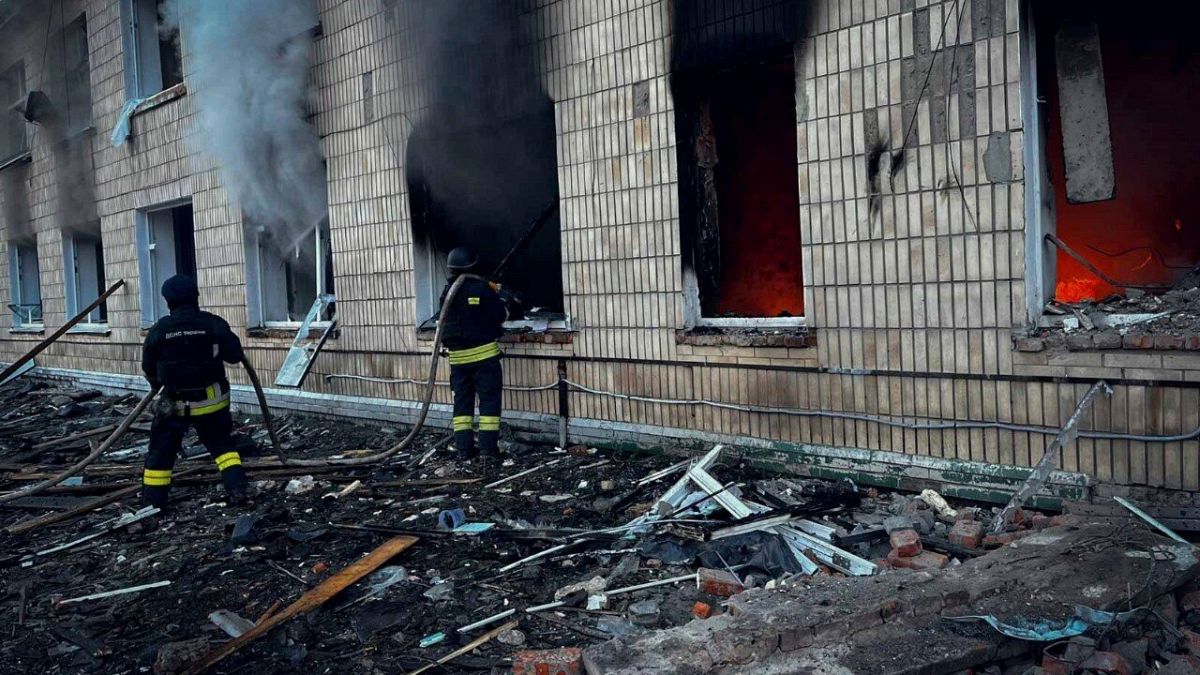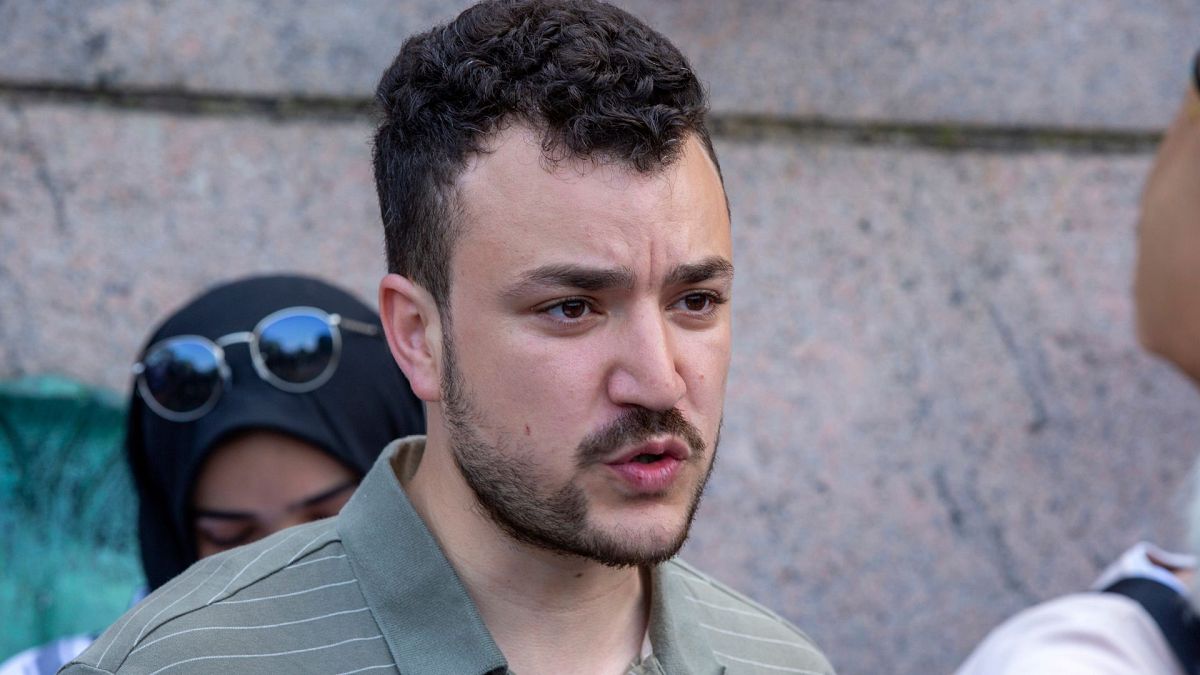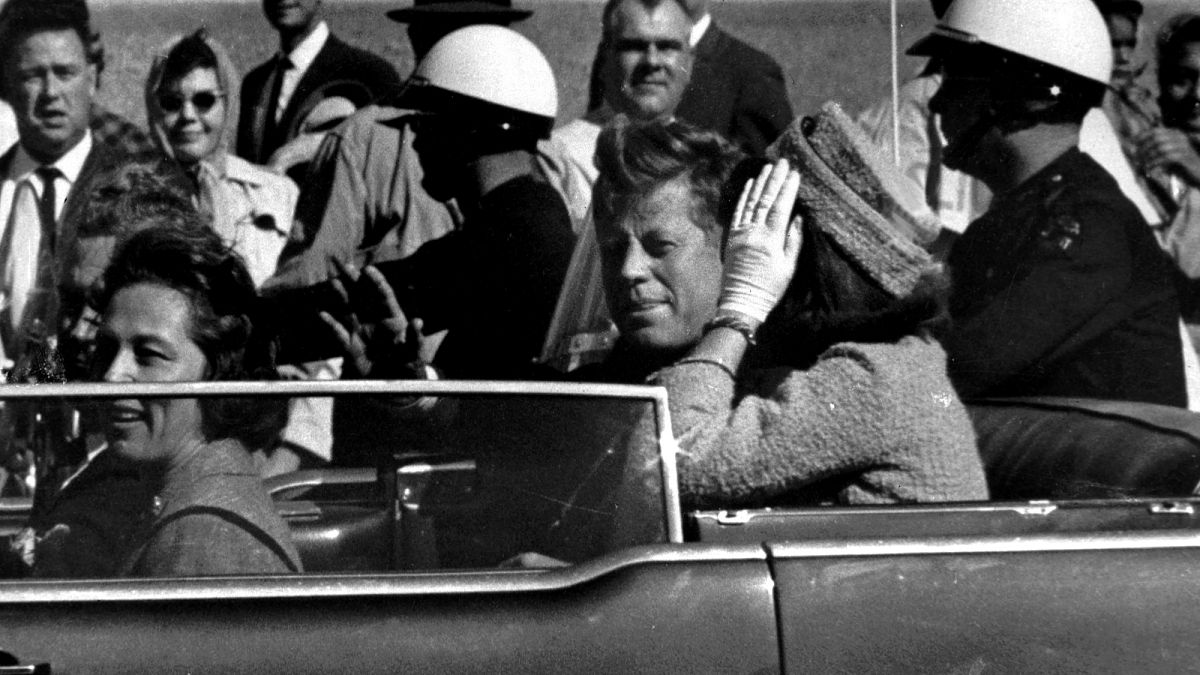The second phase of the EU4LEA project is presented in Tirana, 10.2 million euros in support for the rule of law

In Tirana, the second phase of the EU4LEA project was presented, which supports the rule of law in Albania by strengthening the country’s capacity to combat organized crime, corruption, and financial crime.
With the participation of EU member states and leaders of key justice institutions in Albania, the expectations from the project were presented.
Over the next four years, with a budget of 10.2 million euros, implemented by the Italian Ministry of the Interior, CIVIPOL, and GIZ, and funded by the EU with a contribution from the German government, EU4LEA will further contribute to Albania’s progress towards EU membership.
At the event attended by ambassadors from countries supporting the program, the EU ambassador in Tirana, Silvio Gonzato, the General Prosecutor, Olsian Çela, the head of SPAK, Altin Dumani, and representatives of law enforcement agencies, Albania’s Minister of the Interior, Albana Koçiu, stated that EU4LEA 2 comes at an important moment as Albania is drafting the national strategic framework against organized crime and serious crimes until 2030.
“EU4LEA is an important pillar of our cooperation with the EU, designed to help Albania meet the intermediate benchmarks, especially in Chapters 23 and 24, as well as to consolidate the fight against organized crime and corruption,” emphasized Koçiu.
The EU ambassador in Tirana, Silvio Gonzato, expressed that progress in the rule of law remains crucial for Albania’s accession process to the EU, calling for a collective effort from all justice institutions.
“On the other hand, this will contribute to achieving our ultimate goal: improving people’s lives by ensuring access to justice, protecting human rights, and creating equal opportunities for sustainable development,” highlighted Gonzato.
The German ambassador in Tirana, Karl Bergner, noted that the fight against illegal financial flows and money laundering is part of the non-negotiable essence of the EU accession process.
“Our support for EU4LEA II aims to help Albania meet the high demands in this area,” said Bergner.
The main objectives of the project in this area include support for the Financial Intelligence Agency, the establishment of the Asset Recovery Office, as well as the use of technology and innovative instruments to detect criminal activities.
In the first phase, the project contributed to increasing institutional resilience and effectiveness in the fight against organized crime and high-level corruption, combining legal harmonization, capacity development, technological innovation, and international cooperation.
In the second phase, the objectives are considered ambitious but essential for the country’s future. (September 24)
